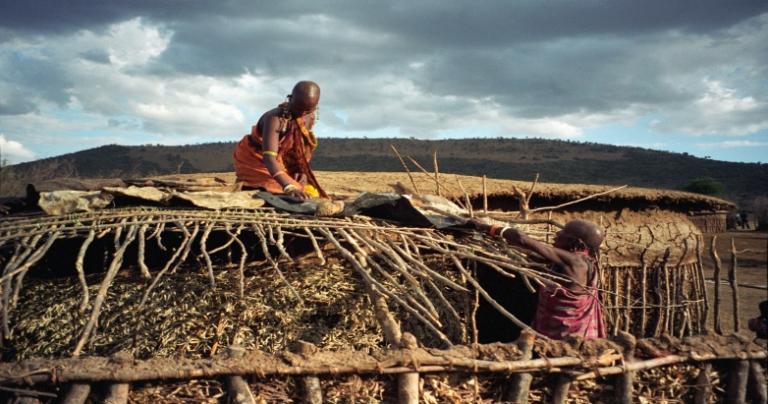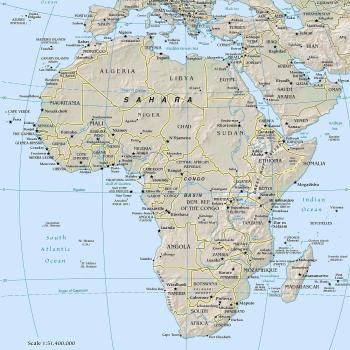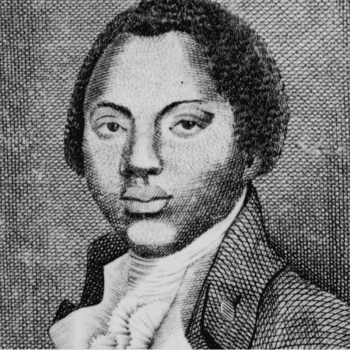In 1973 anthropologist Stanley Diamond published a series of essays meant “as a modest antidote to the alienation, guilt, anxiety and fear to which human beings are condemned in modern imperial civilization.” Calling his book In Search of the Primitive, Diamond contended that
The longing for a primitive mode of existence is no mere fantasy or sentimental whim; it is consonant with fundamental human needs, the fulfillment of which (although in different form) is a precondition for our survival… The search for the primitive is… as old as civilization. It is the search for the utopia of the past, projected into the future, with civilization being the middle term.
There’s no shortage of famous Westerners who have left the modern present in search of a primitive past and future. Perhaps most famously, painter Paul Gauguin fled “everything that is artificial and conventional” and moved to Tahiti, which explorer Louis-Antoine de Bougainville had depicted over a century earlier as a pristine paradise, an innocent alternative to European decadence. But one of the most surprising variations on the theme comes from the last years of aviator Charles Lindbergh, who made his name using technology to cross one ocean but died (a year after Diamond published his book) in the middle of another, at his simple home on the Hawaiian island of Maui.
Lindbergh first found himself taken with the primitive in 1944, when he secretly flew fifty combat missions in the South Pacific. After touring former Japanese positions on the island named after Bougainville, Lindbergh visited a village on Rabaul with a Catholic Marine chaplain. That night he complained to his journal that the inhabitants’
wild, barbaric freedom has been taken away from them and replaced with a form of civilized slavery which leaves neither them nor us better off. The white man has brought them a religion which they do not understand, diseases which they are unable to combat, standards of life when leave them poverty stricken, a war which has devastated their homes and taken their families away; and they are still supposed to be grateful to us for giving them the benefits of Christianity and civilization
As he started work on an autobiography in the 1950s, Lindbergh’s memory often returned to his time in the South Pacific, as when he recalled how a simple swim off New Guinea left him “suddenly stripped of civilization as I am stripped of clothes… It is one of those rare instances in life when body, mind, and spirit are in balance. Here, within this brown covering of skin, is the essential ‘I’, escaped from civilization, in this hour of life, as the soul must escape the body in the moment of death. Here, I am able to look on my civilized life from a frame of values, time, and space that change all of its dimensions.” As he continued to draft chapters in 1960, he complained “that our civilization placed too much emphasis on knowledge, and that it was dangerous for man to lose contact with ancestral primitive ways… Perhaps an instructive appreciation is evolving in Africa that points toward higher human progress than has been achieved by the western mind.”

So when he attended the 1961 Moral Re-Armament conference in Switzerland, Lindbergh was utterly disinterested in the principles of Frank Buchman but thrilled to meet a Kenyan delegate “who belonged to a tribe in which ‘admission to manhood’ required that a lion be killed with a spear.” A year later he made the first of several trips to East Africa to spend time with the Maasai. He later said that such journeys were “among the truly great experiences of life… I believe there is great wisdom in the primitive, from which the civilized can learn… In Africa, the pride of western intellect is challenged, day by day.” Most of all, his time among the Maasai deepened his post-WWII skepticism about technological progress: “Above all else, I feel this miracle of life in Africa, and it seems to me to have more validity than any other standard as a measure for the progress of mankind. Civilization is progress and aviation a boon only if the quality of life improves because of them. To what extent is this improvement taking place?”
In his last years, Lindbergh’s interest shifted to the indigenous peoples of the Philippines. “They had no enemies to fight,” he wrote of the Tasaday (a group whose origins still provoke debate), “and the jungle supplied them bountifully with food. What could they gain by exchanging their way for the miraculous life we represented and described to them?” In his posthumously published Autobiography of Values, Lindbergh recalled camping on the northeastern coast of Luzon:
I wish I could always leave my civilization behind at night, to sleep under an Agta shelter on a Luzon beach. At times, I feel like abandoning modern life… I lay in my tropical sleeping bag at night, the earth pressing against my body, big drops of water from the rain forest pattering on the tent, and the boom of primitive voices rolling down from the cave above. Was not this a twentieth-century Garden of Eden? I had never seen a happier people. My instinct drew me toward the Tasaday; my intellect toward civilization.
The last clause hints at Lindbergh’s reservations about his encounters with the primitive. Elsewhere in the book he admitted that he could
never live long in contact with primitive conditions before I recognize defects that for me counter their qualities—a lack of medical knowledge and facilities, taboos, ritualized magic, and excruciating torture. Ignorance imprisons the awareness essential to appreciation of the primitive itself…. in the savage, as in the totalitarian who believes in concentration camps, there is an indifference to suffering, a morbidity and ruthlessness, and a cruelty unacceptable to the civilized body and shocking to the civilized mind.
But for all his contempt of the “ritualized magic” of primitive peoples, Lindbergh did not hope to supplant their religions with another. His most famous flight had inspired some Christians to view the airplane as a means of spreading the Gospel to places previously out of reach, but the pilot generally disdained Christianity’s expansion into Africa, Asia, and Oceania. Touring Samoan villages in the mid-1960s, Lindbergh lamented that “Christian missionaries had brought to their islands, as to other places throughout the world, a shame of nakedness — as though God desired man to hide the beauty of the body His wisdom had created.” Visiting the Philippines in 1970, he was incensed how the Tboli and Agta peoples had lost land and become indebted to an “(encroaching) community of Christians that is constantly attempting to exploit them.”
By contrast, he found wisdom in the “ignorance” of “savage” peoples, as when he camped near Mount Kilimanjaro one Christmas. (“Yet Christ’s homeland lay closer to Kenya than to New England,” he observed, “and the circumstances of his birth corresponded more to a jungle camp’s simplicity than to Western civilization’s elaborate Christmas rites.”) He thought again of the lion-hunting tribesman he had met in Switzerland, whose “god [was] not in the form of a man, not in any form.” The Maasai deity, Lindbergh learned, “was in the form of a river, a blade of grass, a cloud, a mountain. And looking out on Kilimanjaro during sunset or dawn, I, too, sensed its divinity in its mass and shifting lights.” (Likewise, the panentheist in Lindbergh was intrigued how the Tboli found God “in everything.”)
Continuing to reject the dogmas of Western monotheism as he neared the end of his own life, Lindbergh thought of the animals he had seen in the shadow of the great mountain and began to understand them “as mortal manifestations of immortal life streams; and so I begin to see myself.” Death itself, he decided, provided “the eternal life for which men during centuries have sought so blindly….” Perhaps thinking of the Maasai god who was in everything, Lindbergh imagined himself dying one Kenyan night and returning to Africa’s “earth and its acacia trees… to the infinite existence in which the unenlightened man thought himself a finite part.”












